
Water Flea
Water Flea
Water Flea
Water fleas are very small plankton and perhaps not often given much attention. However, water fleas are very familiar creatures that are found everywhere, and despite their small size, they have interesting ecologies. Observing many small water fleas swimming on the water surface can be surprisingly enjoyable. This time, let's explore the ecology and characteristics of water fleas.
Water Flea Basic Infomation
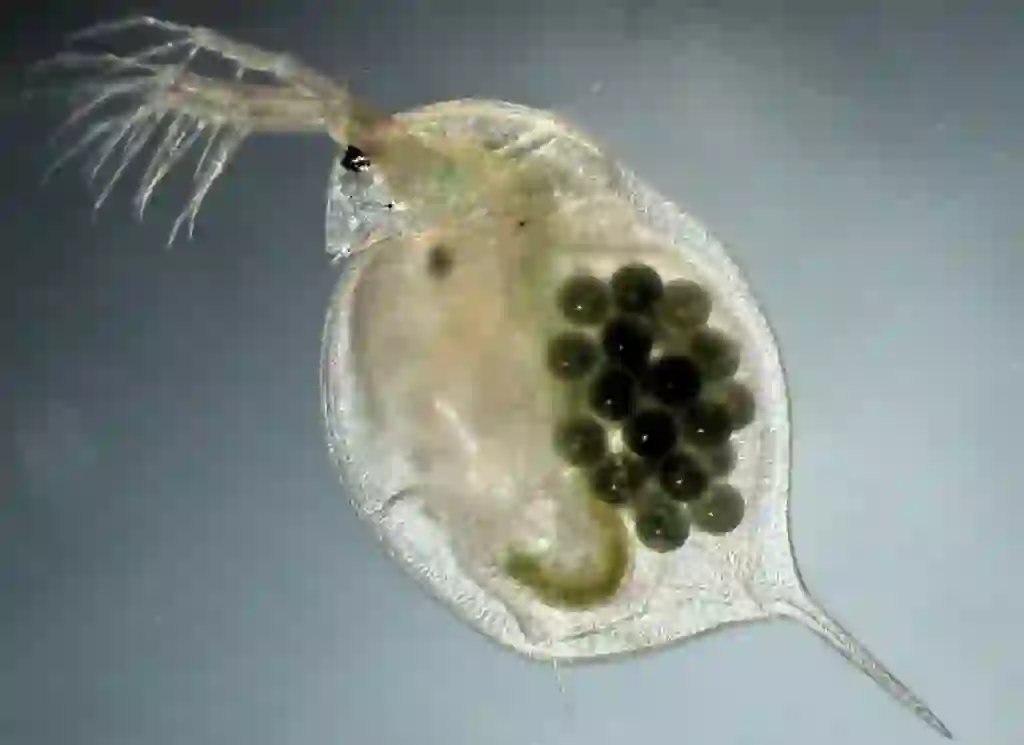
Class Crustacea, Order Diplostraca, Suborder Cladocera
Medium species: body length 1.5-3.5mm, Large species up to 5.0mm
Water fleas appear in large numbers in rice paddies, shallow ponds, and waterways across Japan around early summer.
They are an important food source for freshwater organisms, and it is no exaggeration to say that juvenile freshwater fish and amphibian larvae can grow thanks to water fleas.
The body is very small, so although you can see them moving with the naked eye, finer details and internal organs are not visible.
There are about 90 species of water flea in Japan, all very small, and some even live in the sea.
Water Flea Q&A

What is the origin of the name 'Water Flea'?
Water fleas are very small creatures. Therefore, their name derives from 'mijin', which means something very small like dust or particles. The addition of 'ko', which conveys 'small' or 'cute', results in 'Mijinko', which translates to 'Water Flea'.
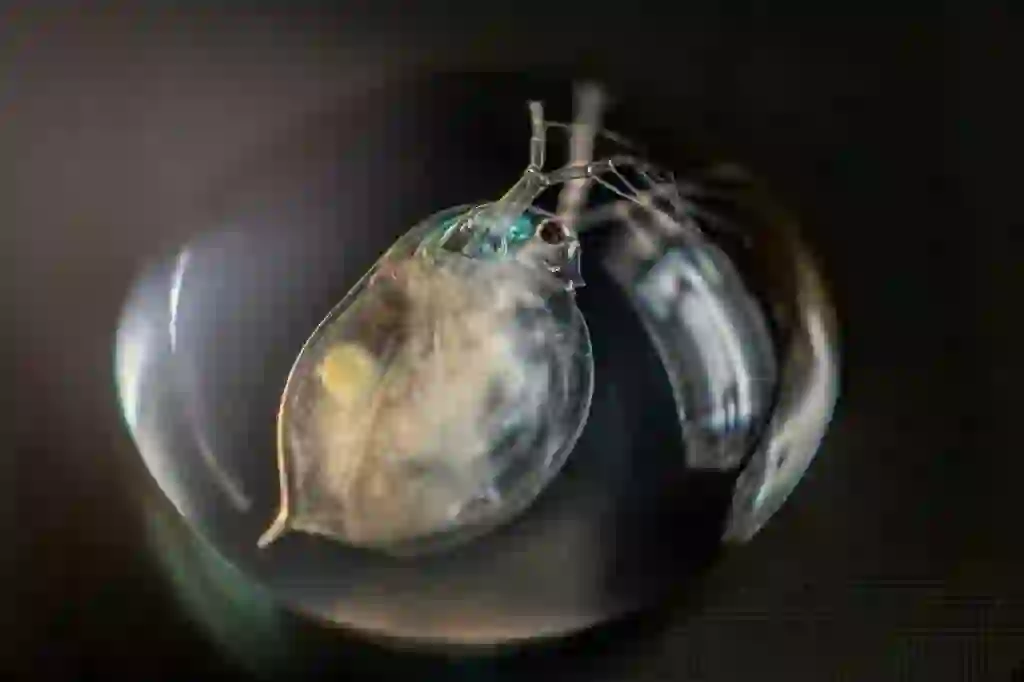
Why do water fleas live there?
Water fleas inhabit freshwater environments ranging from large lakes to small puddles. They primarily feed on bacteria and phytoplankton, playing a role in controlling the abundance of phytoplankton, which can cause water pollution. Thus, by consuming phytoplankton, water fleas help prevent the deterioration of water quality and maintain the ecosystem.
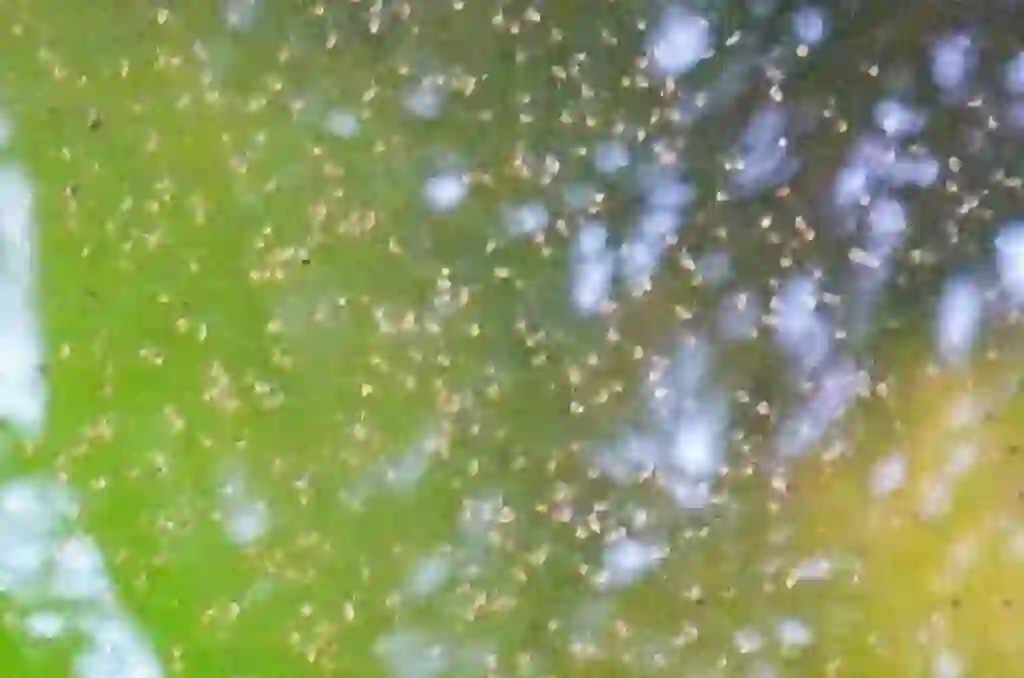
What do water fleas eat?
Water fleas feed on microorganisms in the water such as phytoplankton, including crescent moons, paramecia, and rotifers. Depending on the species and growth stage of the water flea, the size of their mouth varies, and they consume food that fits the size of their mouth. To eat phytoplankton, they create currents with their thoracic legs on the ventral side, filtering food with the hairs on their third thoracic leg.
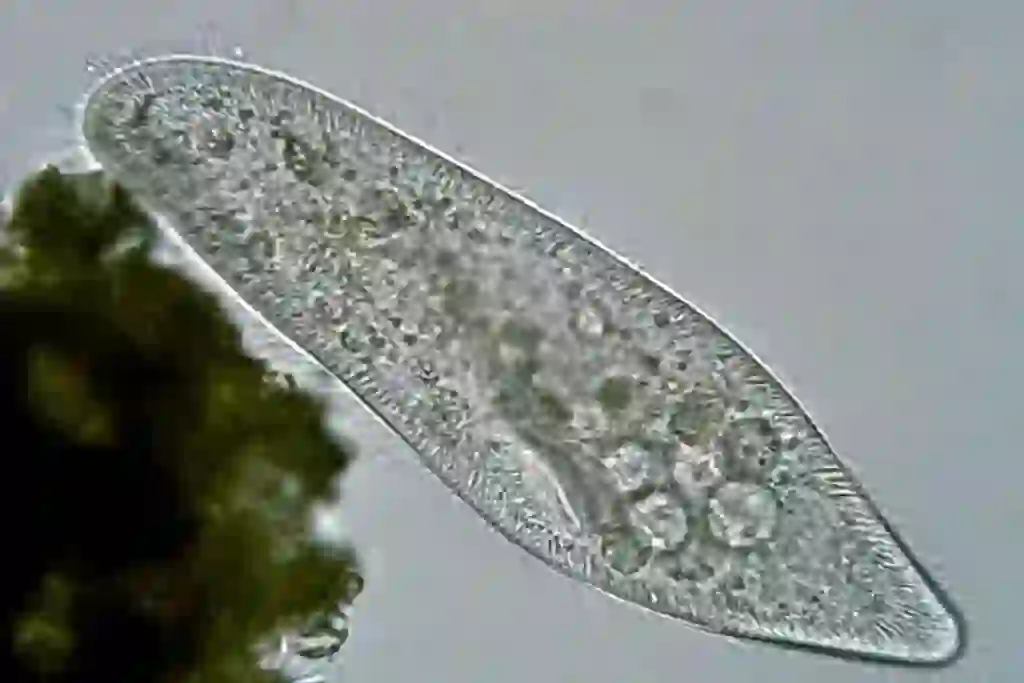
Do water fleas move using their antennae?
Water fleas swim by moving their second antennae, which protrude like branches from their bodies. Each antenna splits into two branches, each with several swimming setae, which they flutter to catch the water and propel themselves forward.
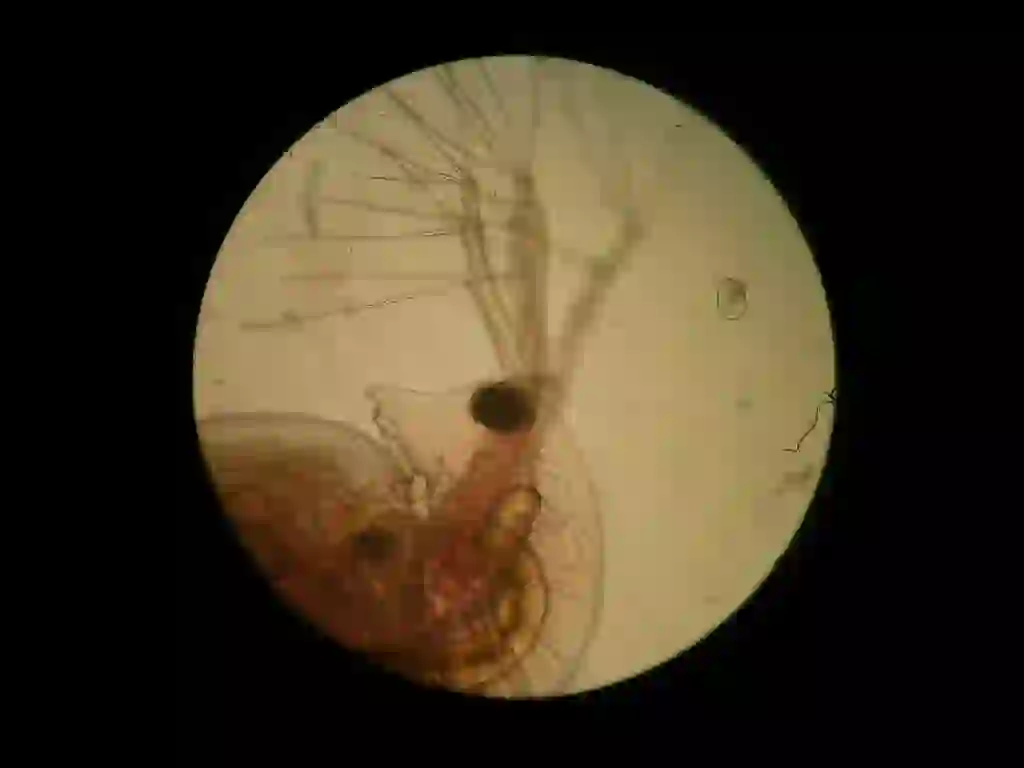
Is there no overpopulation of water fleas?
Water fleas multiply rapidly from spring to summer but are part of the diet for small fish, newts, salamanders, shrimp, and dragonfly larvae. Larger water fleas may also consume smaller ones. Therefore, there's no concern about their overpopulation in aquatic environments.
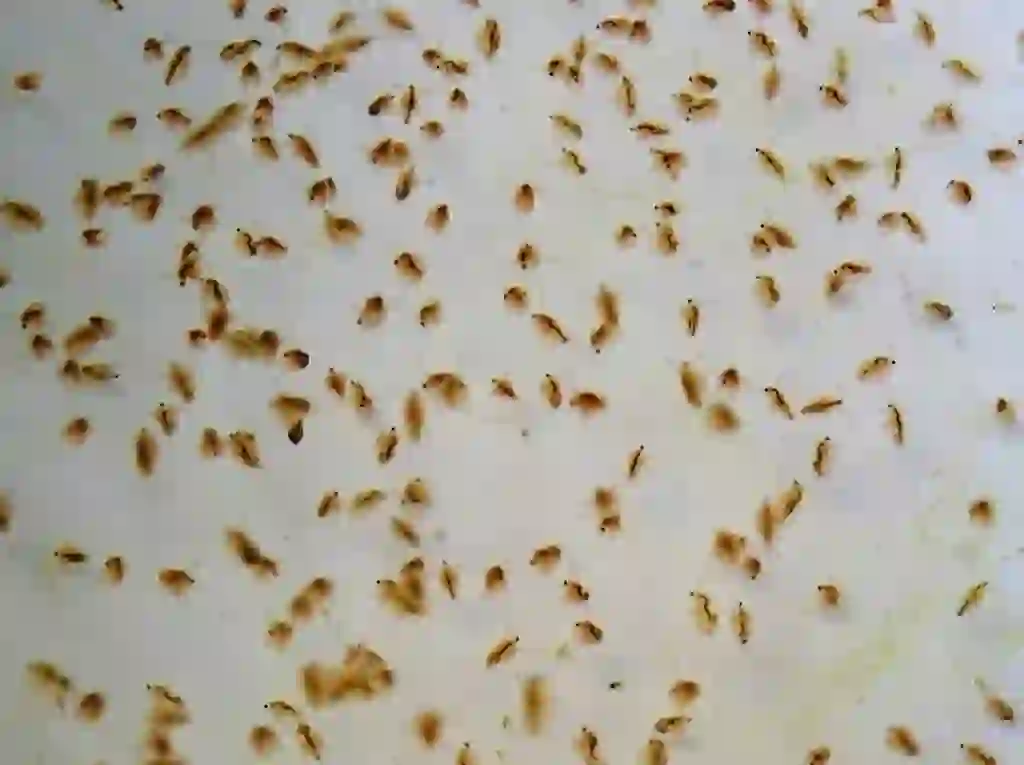
Do water fleas change shape?
Water fleas can change their body shape or shell thickness to protect themselves from predators. For example, some species develop protrusions on their heads or thicken their bodies when they detect predators, making themselves harder to consume.
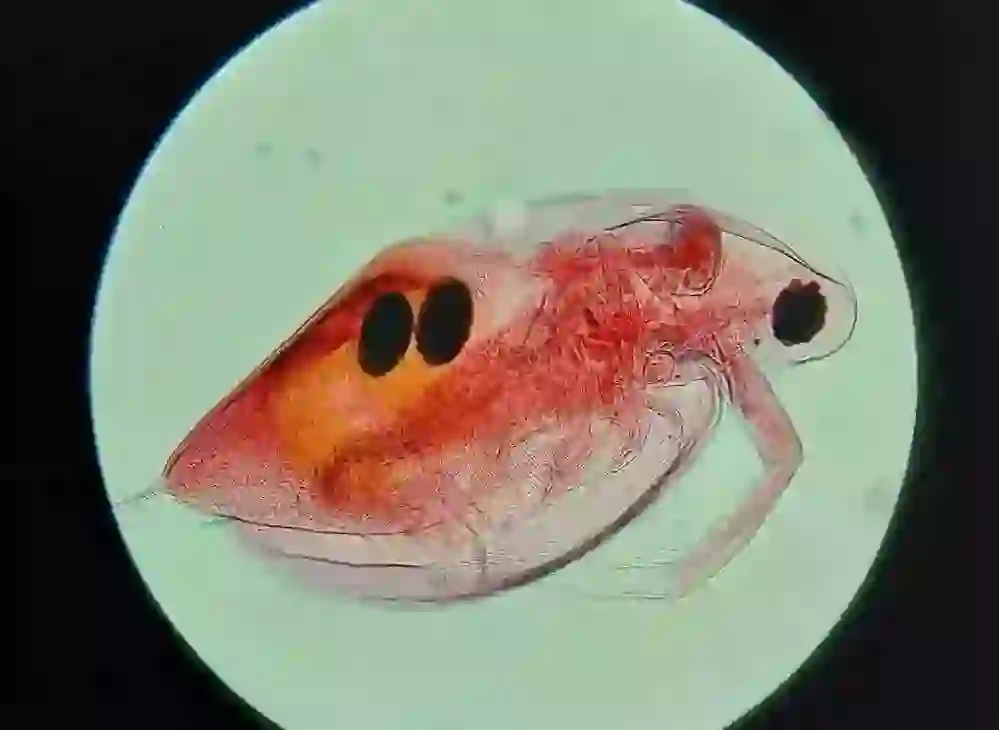
Do water fleas play dead?
Certain species of water fleas, when threatened by predators like fish, will tuck their second antennae and become motionless inside their shell, mimicking death. This makes it difficult for predators with poor eyesight to detect them.
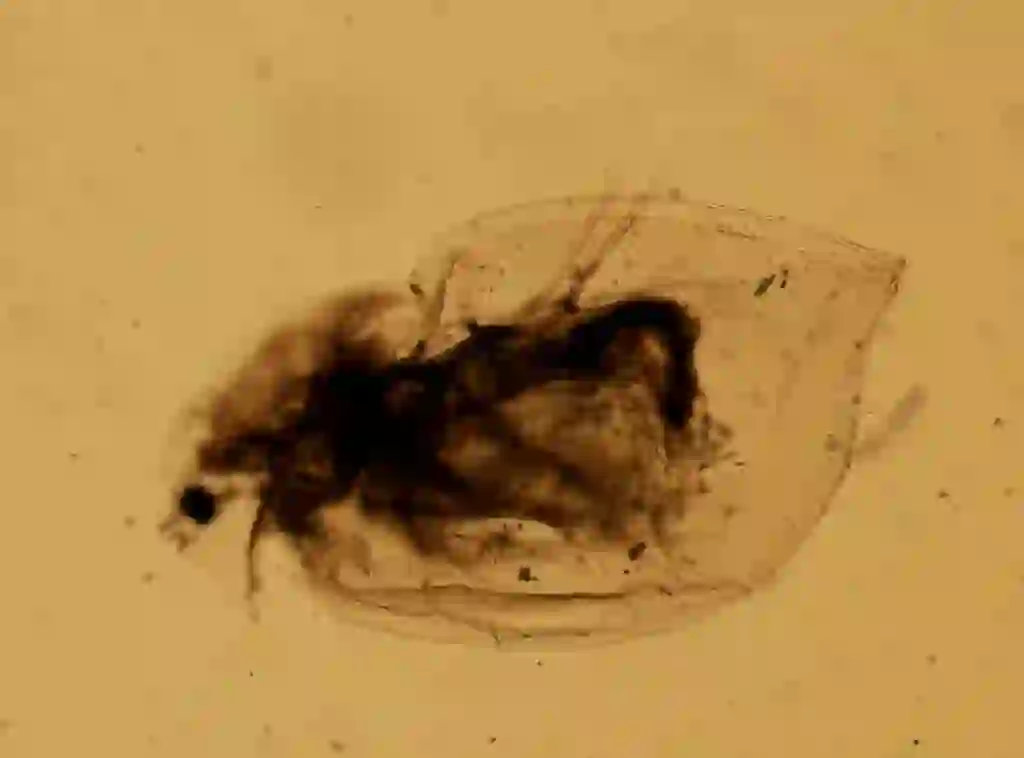
Are there red water fleas?
Water fleas can turn red when oxygen levels in the water are low, due to increased production of hemoglobin in their bodies. Hemoglobin helps carry oxygen through the blood, and by producing more of it, water fleas enhance their ability to absorb oxygen and survive in oxygen-poor environments.
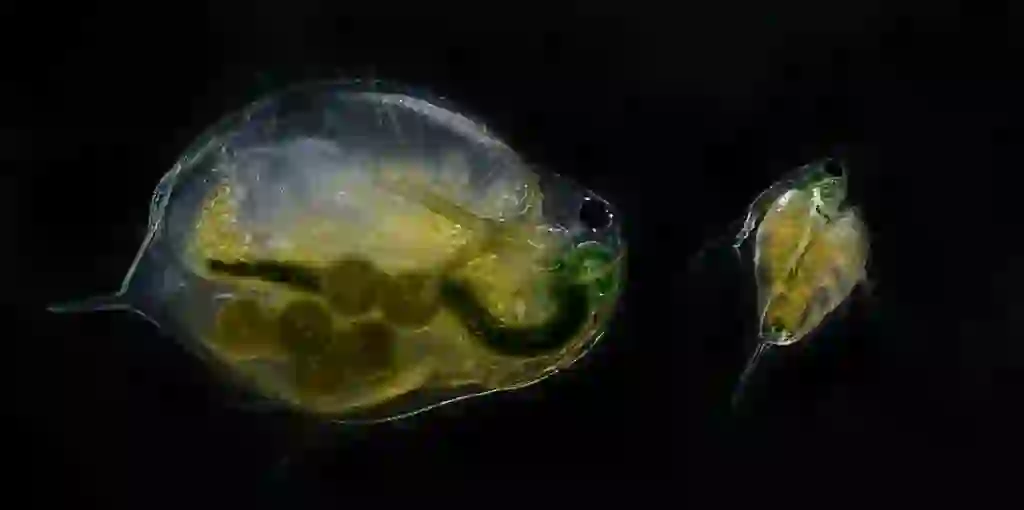
Are water fleas sensitive to ultraviolet light?
Water fleas possess both compound and simple eyes, which allow them to distinguish between day and night. Ultraviolet radiation in sunlight is harmful to them, so they avoid the water's surface during the day and come out to feed at night or early morning before sunrise.
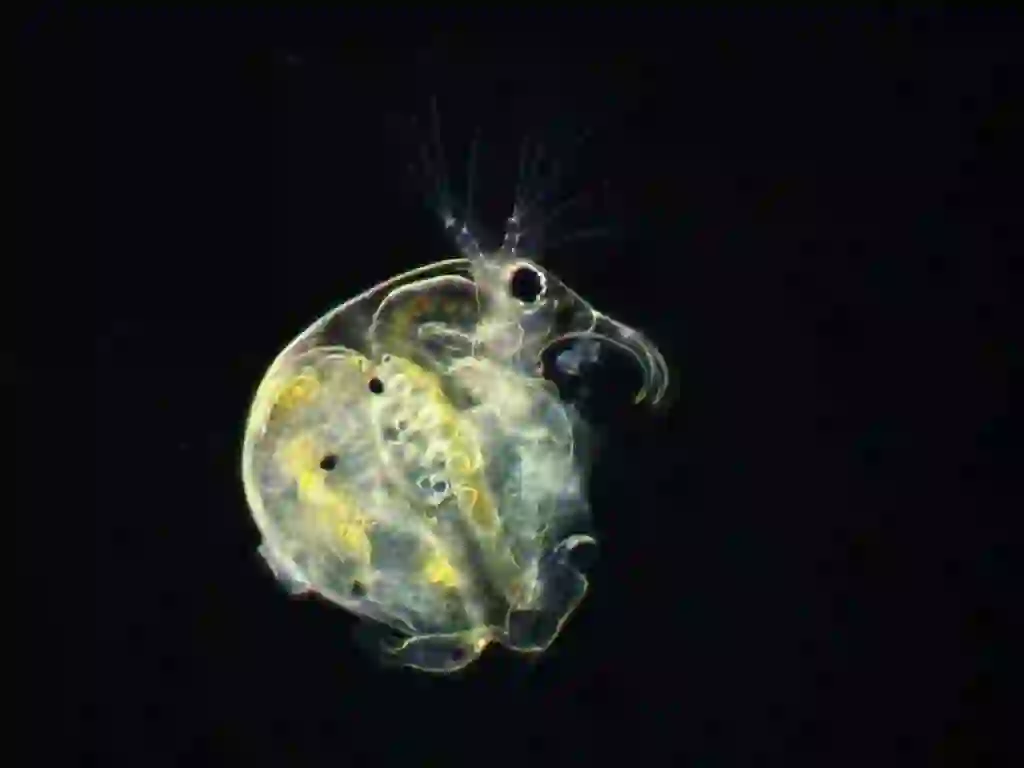
Do female water fleas reproduce without males?
Water fleas can produce eggs without fertilization from a male. These unfertilized eggs develop into females that are genetically identical to the mother. This asexual reproduction occurs within a special structure in their bodies called the brood chamber.
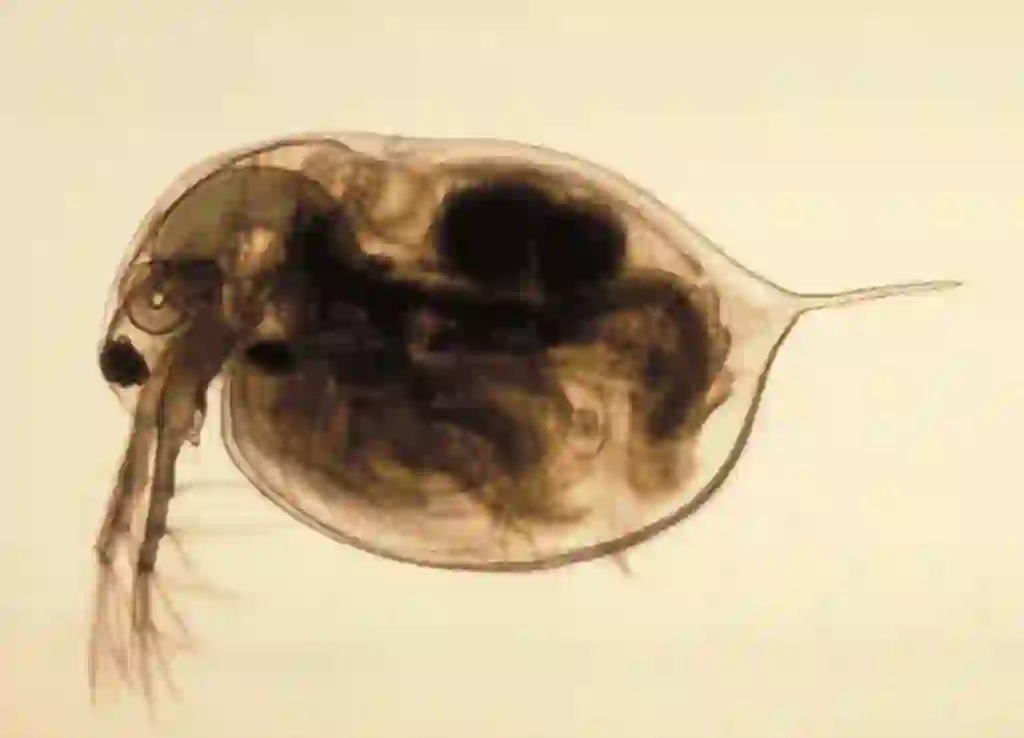
Do water fleas hatch inside their mother?
Eggs laid within the brood chamber of a female water flea hatch in about a day and a half. However, the newborns do not immediately leave the brood chamber; they stay and continue to develop until they are capable of swimming independently.
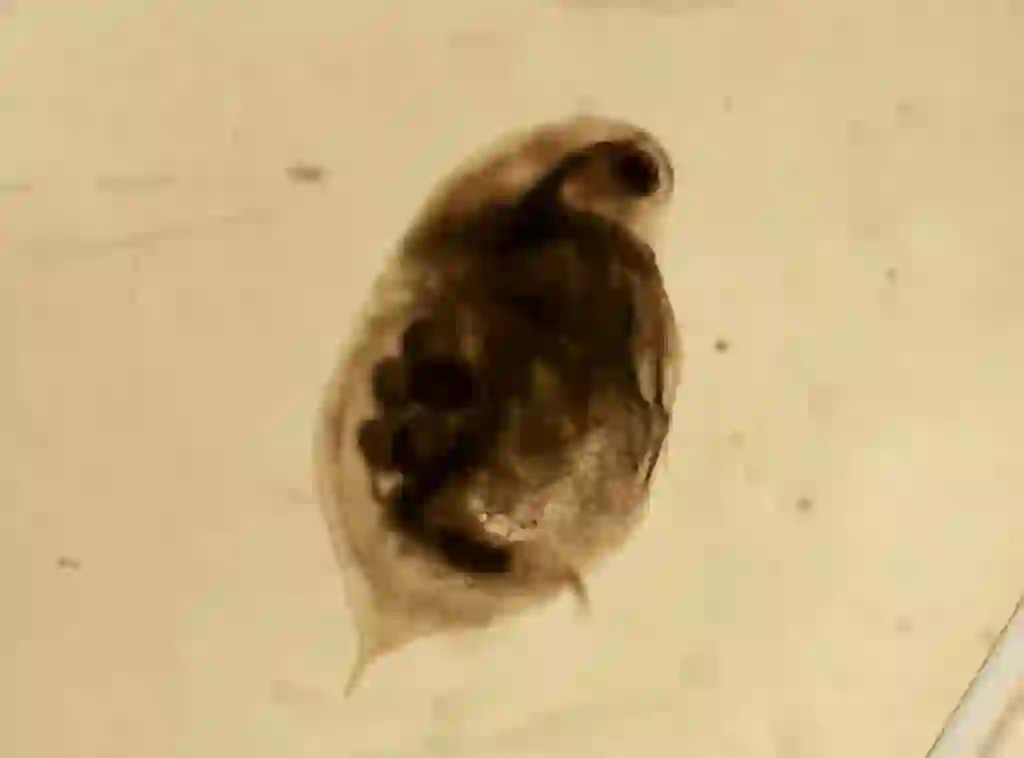
Do water fleas molt?
As water fleas grow, they periodically molt their outer shell. During molting, the shell splits along the back, and the water flea emerges from the rear, leaving the old shell behind.
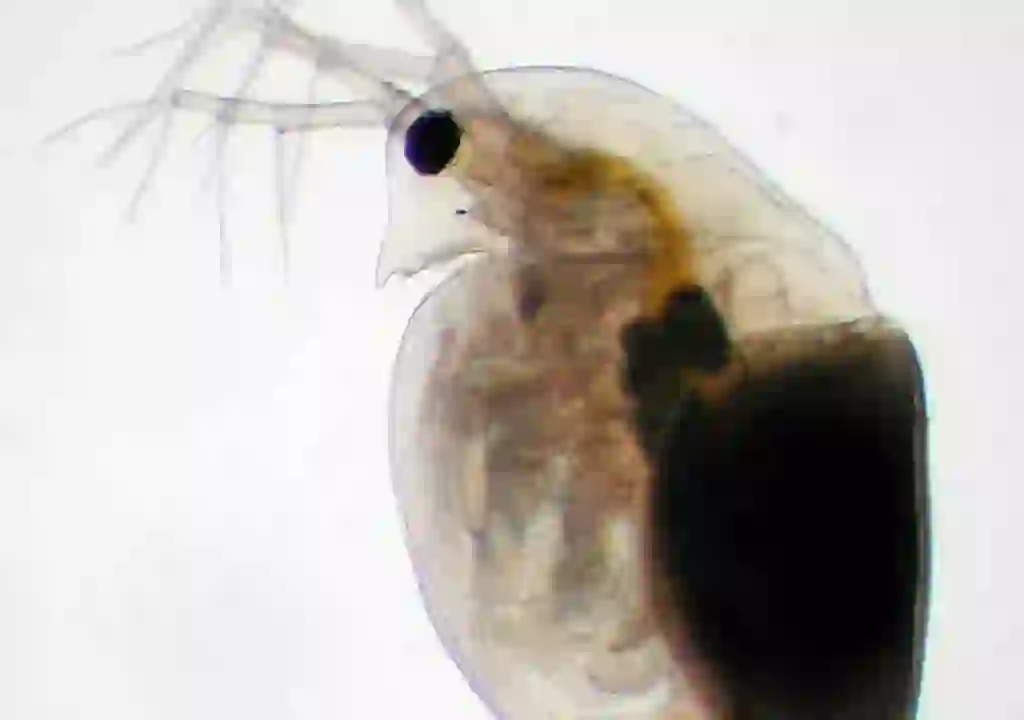
What is the lifespan of a water flea?
The lifespan of a water flea typically spans approximately one month from spring to early autumn. However, under controlled conditions with no predators and water temperatures around 10 degrees Celsius, they can live for over six months.
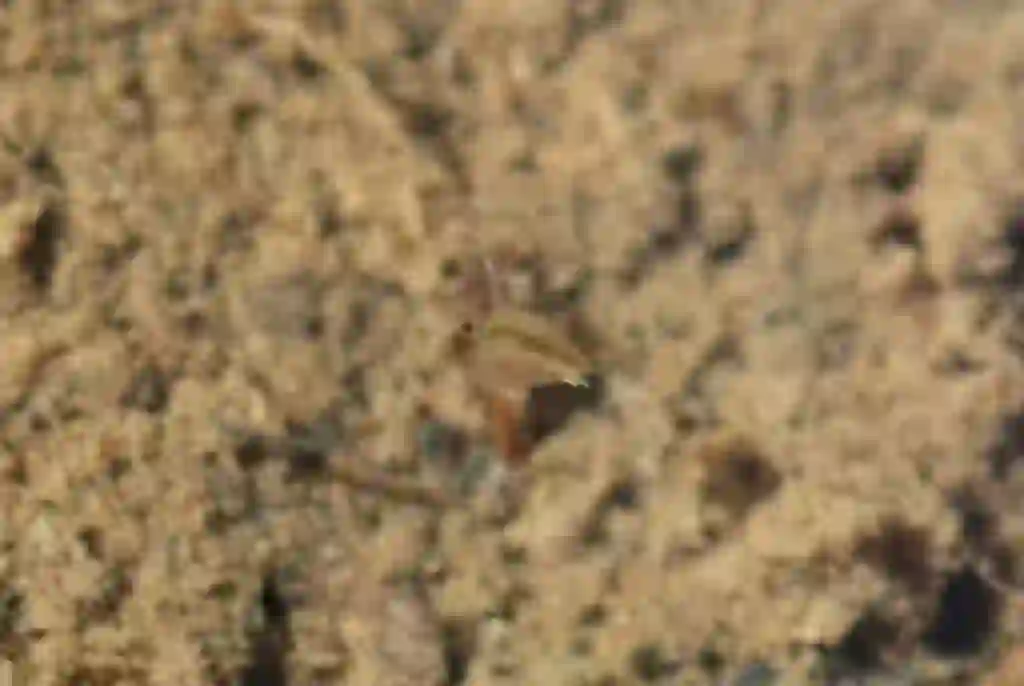
Are there male water fleas?
Male water fleas are generally smaller than females and have distinctively pointed rostrums. They appear primarily in the fall when environmental conditions trigger females to produce eggs that develop into males.

What causes male water fleas to appear?
The appearance of male water fleas is influenced by juvenile hormones in the water. These hormones can be mimicked by chemicals found in pesticides, which when present in the water, can induce the development of male water fleas.

Do water fleas not mate?
Although female water fleas can reproduce without males, they will mate with males when they are present. During mating, the male attaches to the female's abdomen, and fertilization occurs externally.

Do fertilized eggs of water fleas not hatch?
Fertilized water flea eggs are highly resistant to harsh environmental conditions such as cold and drought. They enter a dormant state during unfavorable conditions and can remain viable for many years until conditions improve.

Do water fleas have more genes than humans?
Water fleas have an unexpectedly high number of genes, totaling around 31,000, which is more than the approximate 23,000 genes found in humans. This makes water fleas one of the most genetically complex organisms relative to their size.

Can you keep water fleas as pets?
Although water fleas are often considered just food for other animals in the wild, they can be kept as pets. Proper care can ensure their survival for several years under the right conditions.

Would you like to become a part of the 'Animalbook.jp'?
Turn your knowledge into Q&A and share it with the world. ※Publication will be activated after purchase. Let's share information together!
Water Flea Type of List
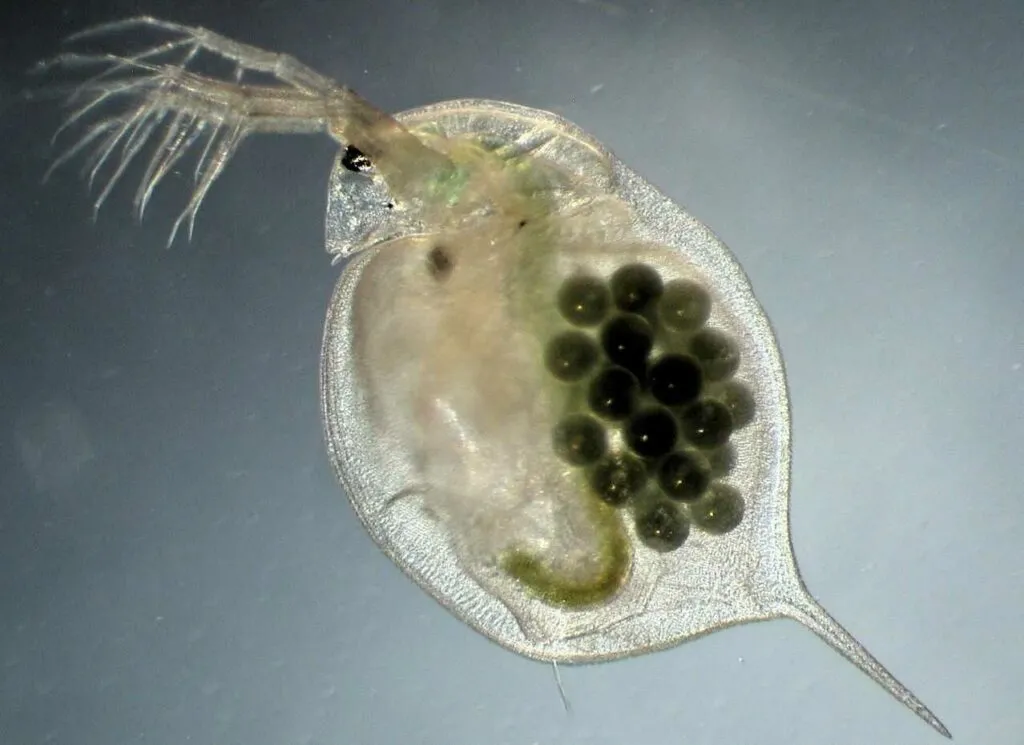
- Helmet Water Flea
- Large Water Flea
- Fern Water Flea
- Long-tail Water Flea
- American Mined Water Flea
- Masked Water Flea
- Round Water Flea
- Spiky Water Flea
- Green Warrior Water Flea
- Elephant Water Flea
- Sediment Water Flea
- Rice Paddy Water Flea
- Square Water Flea
- Circle Water Flea
- Trash Circle Water Flea
- Sword Water Flea
- Yamato Beard Water Flea
Information
Congratulations! You are the first commenter!

Create Your Favorite List!
Water Flea
Save the animals you love! Build your own list to quickly revisit your favorites later.

Would you like to leave a comment?
※Please note: This is for the purchase of rights to post comments within the article.
Find Your Favorites!
Our shop offers a unique and attractive selection of goods themed around various animals.
Water Flea References

- ・科学のアルバム・かがやくいのち17 ミジンコ 2014年3月1日初版
- ・Wikipedia https://ja.wikipedia.org/wiki/ミジンコ
- ・みじんこやドットコム https://mijinkoya.com/what-is-mijinko
- ・TOKYO AQUA GARDEN https://t-aquagarden.com/column/daphniapulex_breeding
- ・ミジンコの生態 http://xn--tckj0j7c.com/archives/127
- ・株式会社 エコニクス http://www.econixe.co.jp/econews/detail.php?id=332#:~:text=生息域は大きな湖,で知られています。
Water Flea Introduction of media used
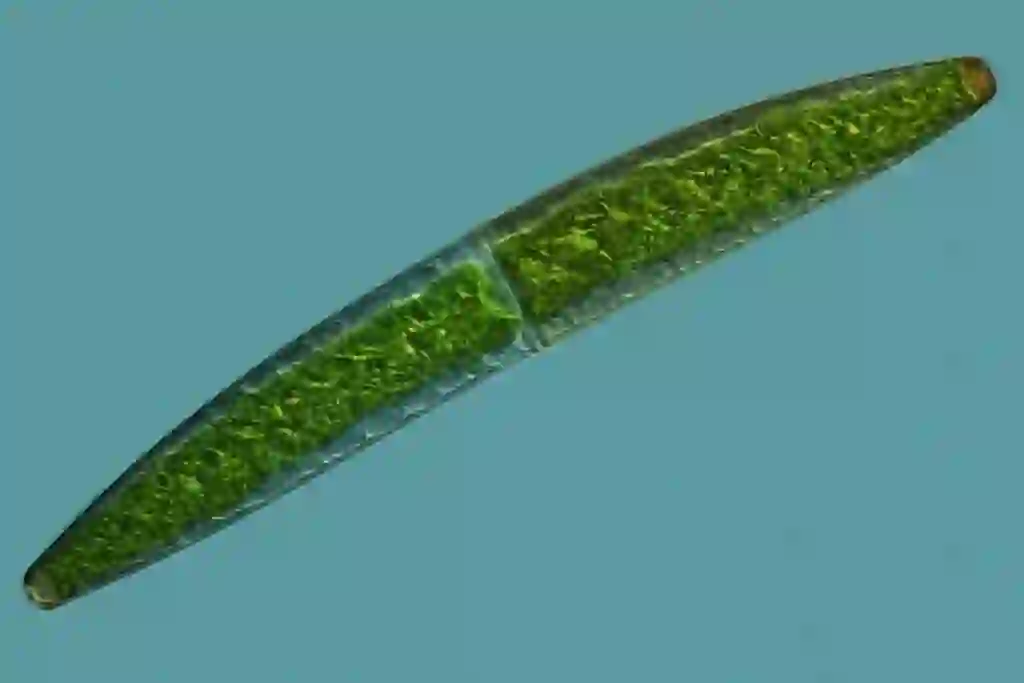
food
出典:https://commons.wikimedia.org/wiki/File:Mikrofoto.de-Closterium_5.jpg

出典:https://commons.wikimedia.org/wiki/File:Daphnia_pulex_1.JPG

出典:https://pixabay.com/images/id-7468986/

出典:https://commons.wikimedia.org/wiki/File:Daphnia magna – NTNU.jpg

出典:https://commons.wikimedia.org/wiki/File:Daphnia_magna.png

Help Enrich Our Animalbook.jp with Your Media!
We are constantly looking to expand and enrich our Animalbook.jp with amazing photos and videos of animals. If you have any media that you'd like to share, please contribute and help us showcase the beauty and diversity of the animal kingdom. Your submissions will be credited and featured in our encyclopedia, reaching a wide audience of animal lovers.


















